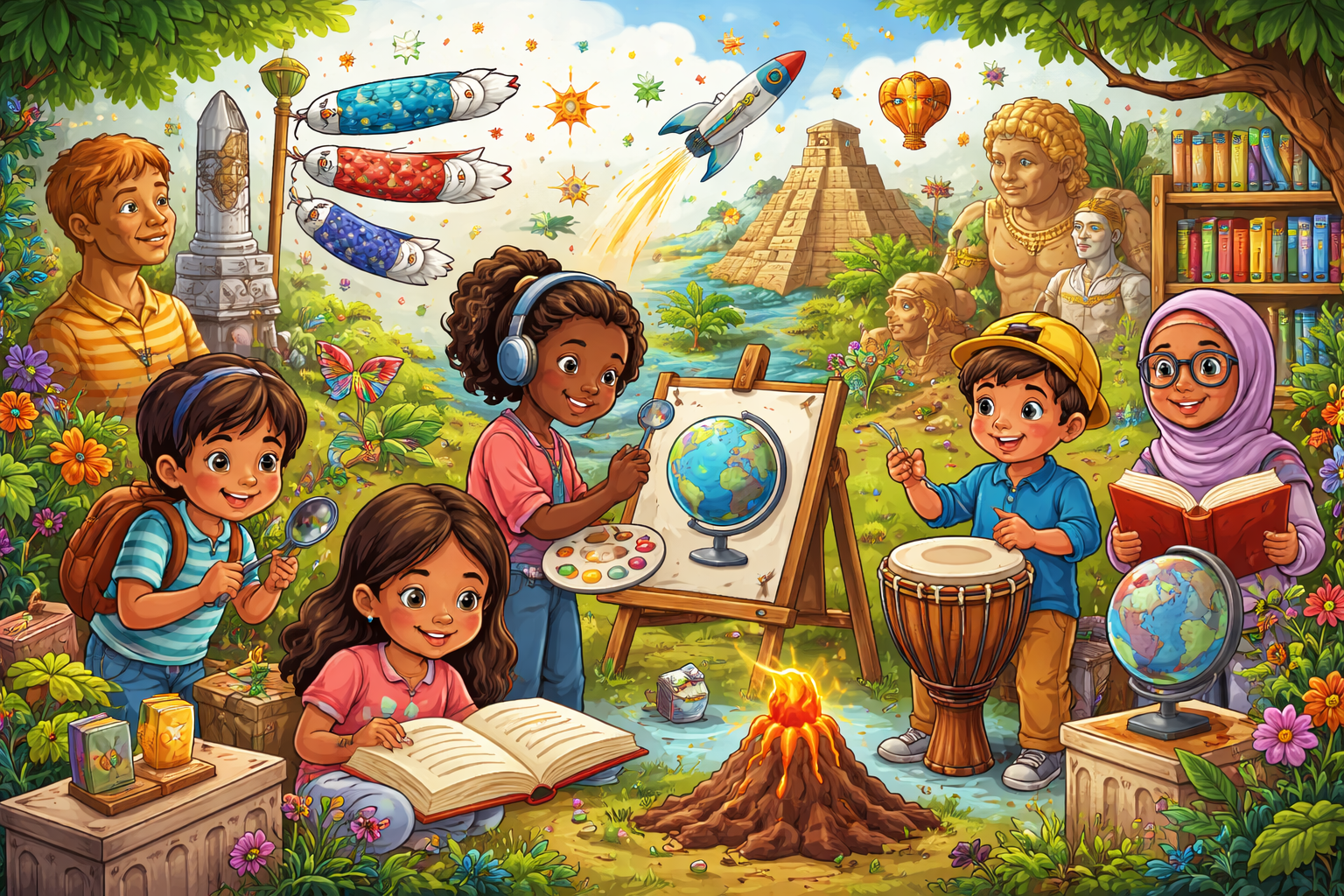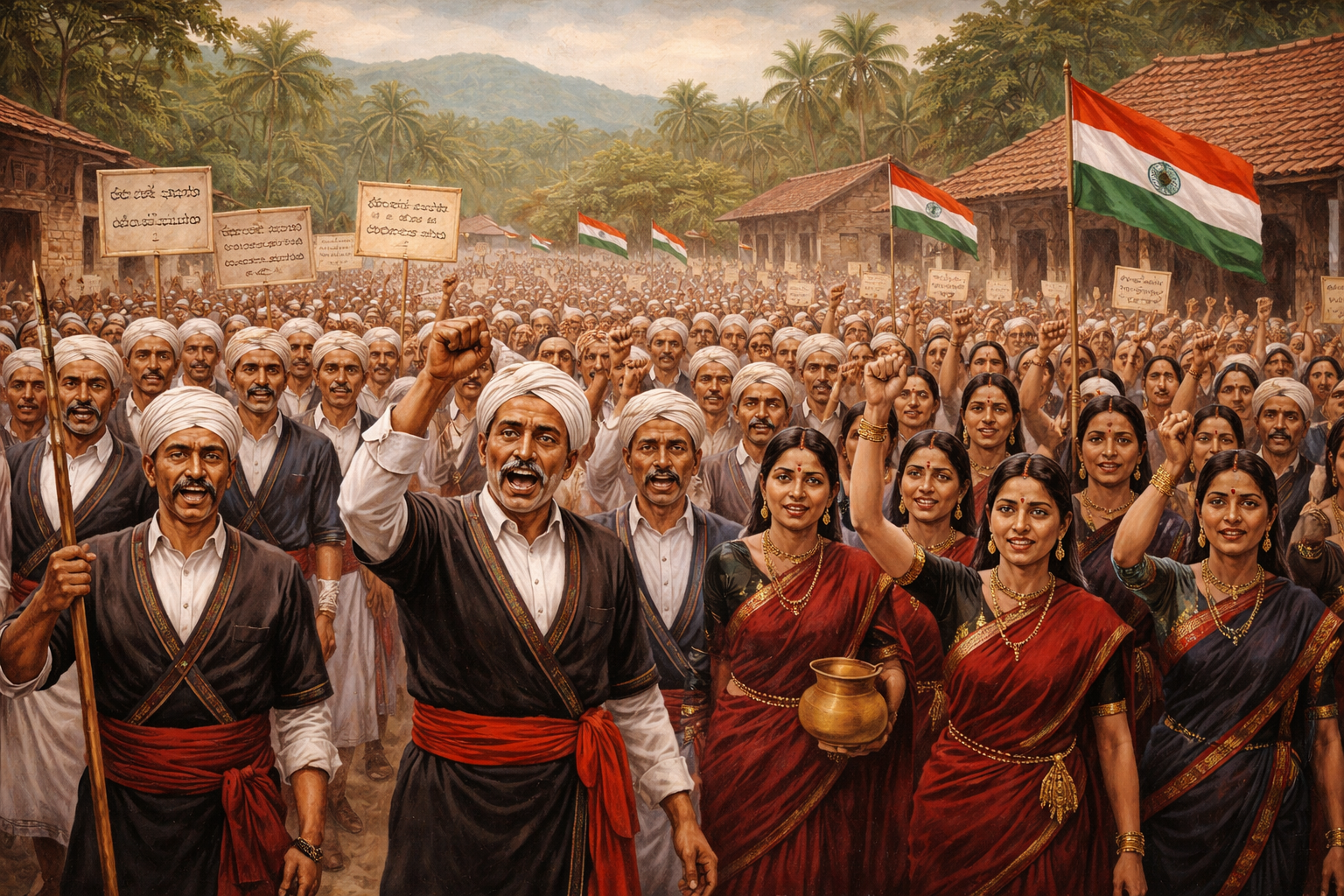Rights and Limits

The right to freedom of expression is enshrined within the Universal Declaration of Human Rights. This includes the correct to carry opinions without interference and to hunt, receive and impart information and concepts through any media and irrespective of frontiers. However, this right isn't absolute. It will be limited by law for a legitimate aim, like protecting national security or public order.
The limits on freedom of expression don't seem to be always clear-cut. In some cases, they depend upon context, like whether the expression was made in a very private conversation or at a public demonstration. They also rely upon the medium used for communication: for instance, it's going to be acceptable to mention something that may well be unacceptable during an article but not in an exceeding speech given at a political rally.
The first thing that we'd like to know is that the web has no borders. The content that you just publish on the web will be seen by anyone, anywhere. It doesn't matter if you're in a country where certain content is illegitimate or banned. this can be why it's important to understand what your rights are and what limits there are for your actions on the web.
One of the foremost important things about publishing content online is knowing where copyright laws apply and the way they affect you as an author. Copyright law protects original works of authorship from being copied, distributed, displayed, or performed without permission from the author. When it involves your work, this implies that you just have exclusive rights to try and do with it whatever you would like as long as it doesn't violate copyright law and doesn't infringe on someone.
Rights and limits are important for both writers and readers. The right to read may be a right, which suggests that each one people should have the chance to access information in their linguistic communication. It also means they must have the chance to read without being judged or persecuted.
The limit of censorship is a very important one because it prevents society from being exposed to harmful content, like propaganda or erotica. Similarly, there are limits on what a writer can write. for instance, many countries have laws against hate speech or defamation of character.











